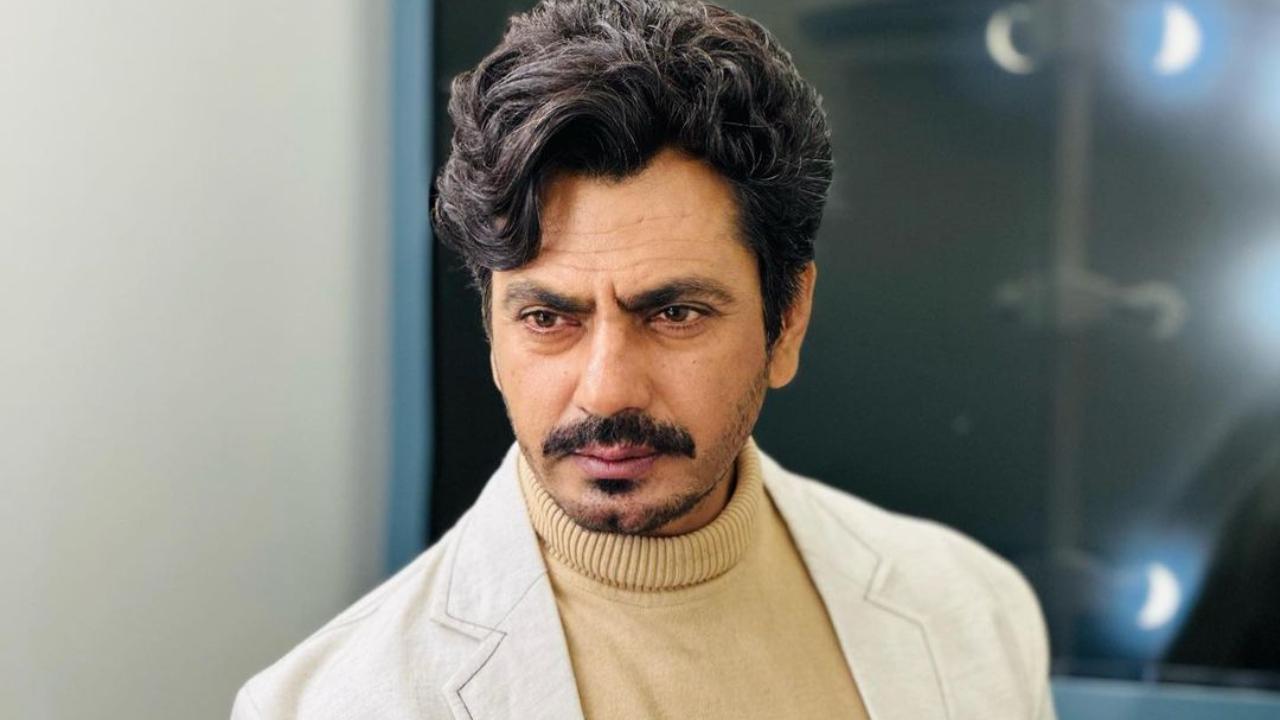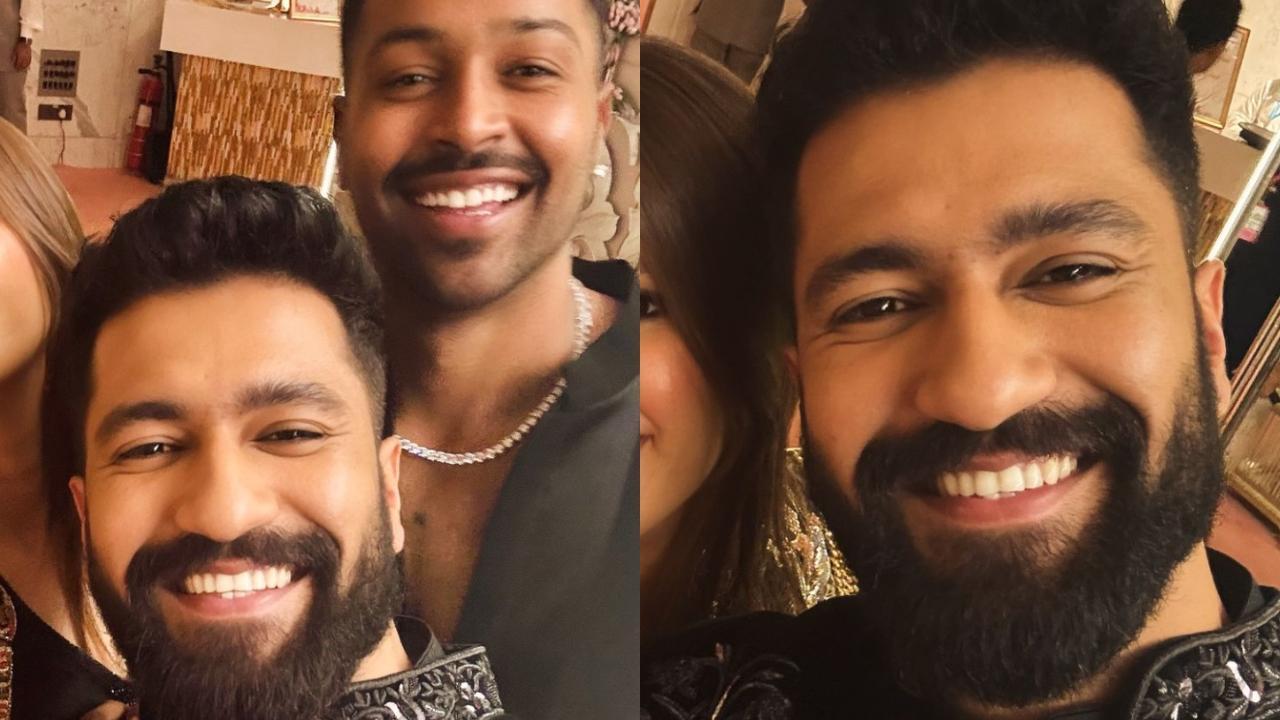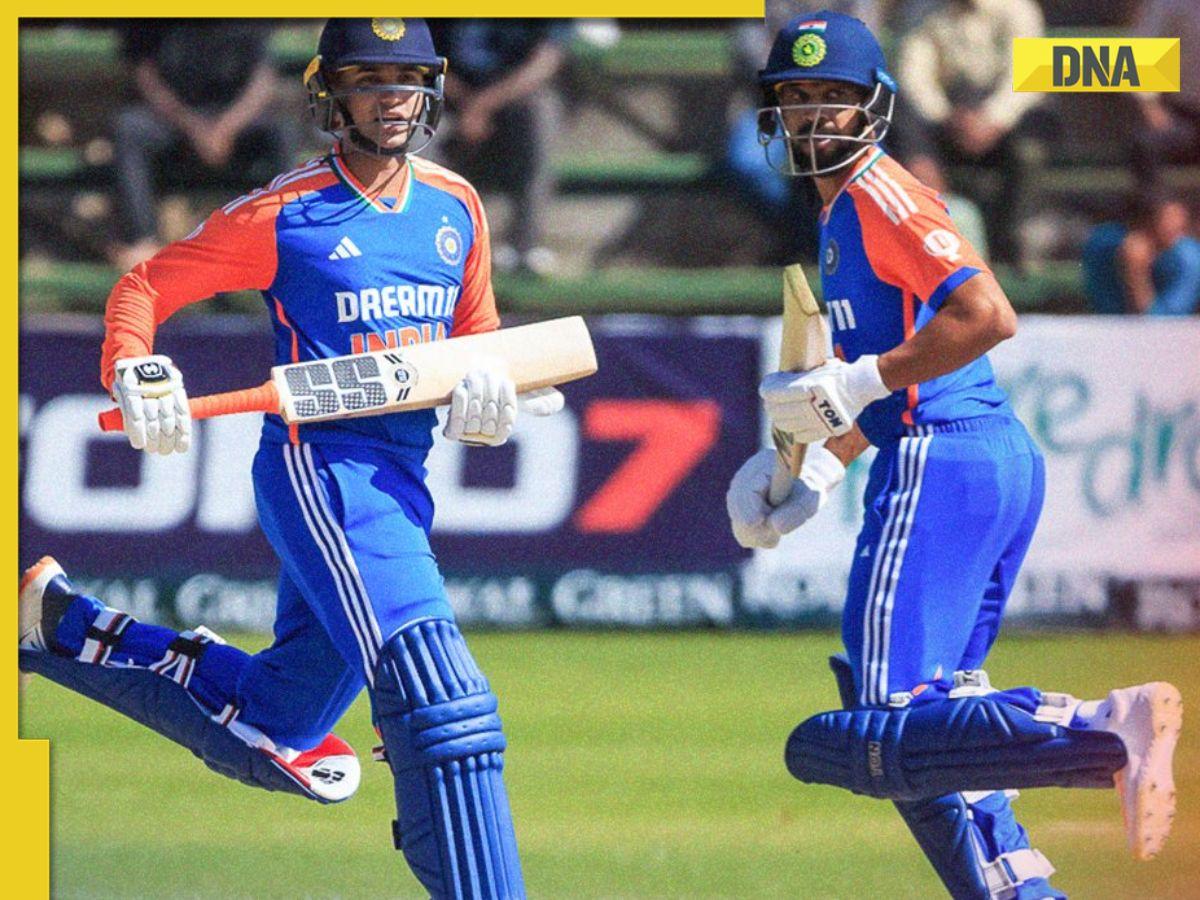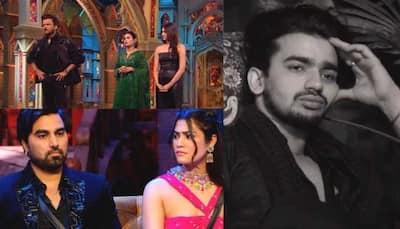
Actor Nawazuddin Siddiqui has never been one to shy away from speaking his mind, and his recent comments on marriage have stirred quite the conversation. Known for his formidable acting skills and memorable roles in films such as ‘Gangs of Wasseypur’, Siddiqui has now shared his views on the institution of marriage, reflecting on his own tumultuous experiences with wife Aaliyah. These comments come just months after the couple reconciled following a series of much-publicized separations.
In a thought-provoking interaction with YouTuber Ranveer Allahabadia, Nawazuddin Siddiqui did not hold back when asked if individuals should consider getting married. His emphatic response, “They shouldn’t,” has since sparked widespread debate. “I want to say it, but people might misinterpret it… They shouldn’t (get married),” Nawazuddin reiterated, further explaining his stance on the matter.
The actor elaborated on his perspective, questioning the necessity of marriage when two people are in love. “What is the need to get married? If you are in love, it can prosper even without marriage. After marriage, people start taking each other for granted,” he stated. Nawazuddin believes that the essence of love begins to fade once a couple ties the knot. “If you are not married to each other, then you love each other more. But after marriage, that starts diminishing. Kids come into the picture; a lot of things happen. If you love someone and want to continue loving them, then don’t get married,” he asserted.
Siddiqui’s reflections delve deeper into the societal pressures and expectations surrounding marriage. He opined that societal conditioning often pushes individuals in their 20s to believe that marriage will bring them happiness. “We think our love, wife will give us happiness, but after a while, it is only your work that gives you joy,” he observed.
. The actor’s candid comments suggest a need to rethink conventional views on relationships and the institution of marriage.
The public has closely followed Nawazuddin and Aaliyah’s rocky relationship, which often made headlines for their tumultuous journey. After multiple separations, the couple reunited earlier this year to mark their 14th wedding anniversary. Speaking to Etimes, Aaliyah confirmed that they had resolved their differences for the sake of their children and decided to move forward.
Aaliyah, who briefly appeared on the reality show Bigg Boss last year, revealed that the conflict in their marriage was instigated by the involvement of a third party. Despite these challenges, the couple managed to reconcile, primarily driven by their commitment to their children. “Nawaz is very close to Shora, and she was very disturbed after whatever happened. She couldn’t tolerate it,” Aaliyah shared.
The couple’s renewed commitment highlights a complex interplay of personal relationships and family dynamics. Nawazuddin’s reflections on marriage and love add another layer of understanding to their story. His view that love is better nurtured outside the bounds of marriage challenges traditional beliefs and offers a different perspective on maintaining the sanctity of romantic relationships.
Interestingly, Nawazuddin’s sentiments are not isolated musings but are indicative of broader social debates about the necessity and impact of marriage on personal happiness and relationship dynamics. His comments strike a chord with those questioning societal norms and the pressures to conform to traditional pathways of personal relationships.
The actor’s insights resonate with many who see careers and personal achievements as primary sources of fulfillment, diverging from the belief that marital bliss is the ultimate goal. Nawazuddin’s perspective fosters a dialogue about redefining happiness and understanding the complexities of love and marriage in modern society.
As Nawazuddin Siddiqui continues to share his journey and viewpoints, his candidness invites the public to reflect on their own beliefs about love and marriage. By questioning the necessity of marriage, the actor adds a significant voice to ongoing conversations about societal norms and personal fulfillment.










